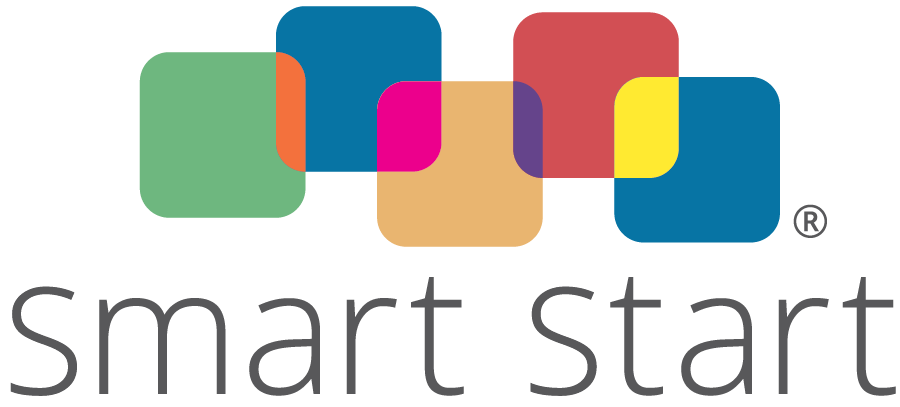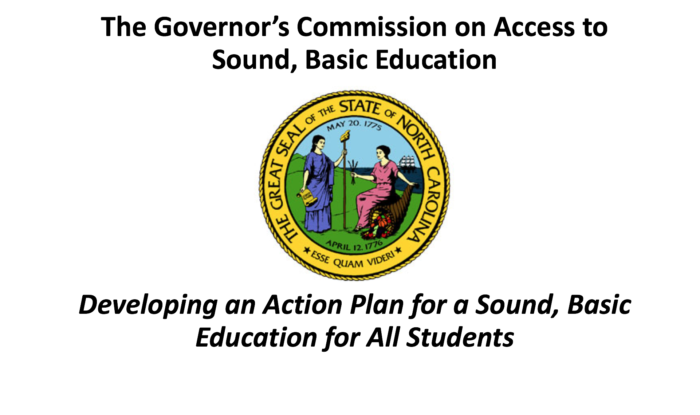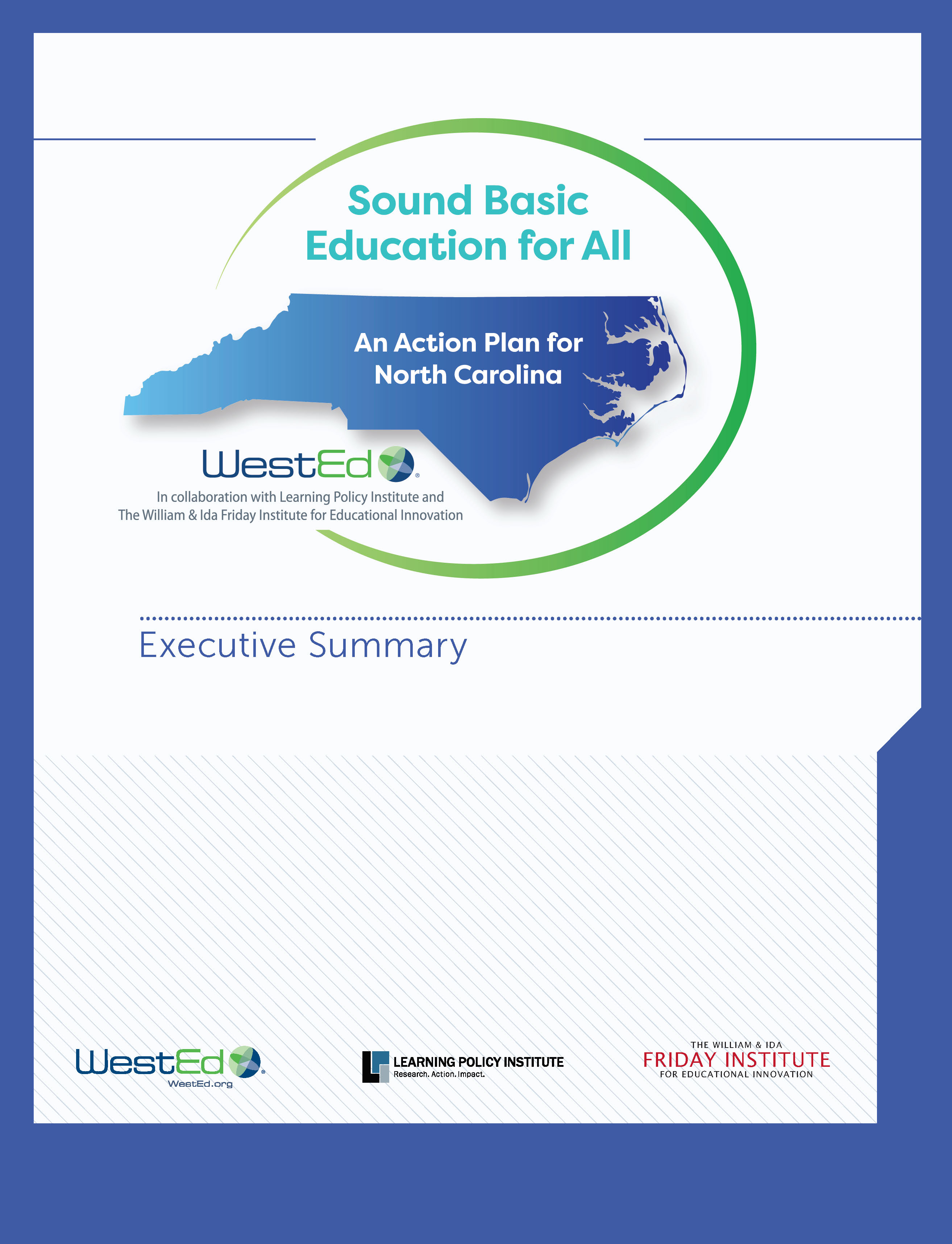Latest Leandro News & Overview
Tomorrow, August 31, the NC Supreme Court is scheduled to hear oral arguments in the appeal of Judge David Lee’s November 2021 order in the Leandro case. Oral arguments are expected to begin at 9:30 am. Oral arguments will be live streamed on the NC Supreme Court’s YouTube Channel at http://govu.us/scncoa.
An overview of the recent history of the case is below, as well as links to the briefs that the parties have filed in advance of oral arguments.
- In March 2021, the State and the State Board of Education submitted to Judge Lee the Comprehensive Remedial Plan (and the associated Appendix), which outlines a series of actions over eight years the State will take to ensure constitutional compliance with the Leandro rulings. The Comprehensive Remedial Plan was based on the findings and recommendations of the court’s independent consultant, West Ed, and the Commission on Access to Sound Basic Education.
- In June 2021, Judge Lee issued an order finding that “the actions, programs, policies, and resources . . . described in the Comprehensive Remedial Plan, are necessary to remedy the constitutional violations and to provide the opportunity for a sound basic education to all public school children in North Carolina.” His June order also directed the State to implement the Plan “in full and in accordance with the timelines set forth therein.”
- Following status hearings in September and October, on November 10, 2021, Judge Lee signed an order recognizing that the North Carolina constitution with its emphasis on providing a sound basic education to all children was itself a “constitutional appropriation.” The Judge ordered the Treasurer, State Controller, and State Budget Director to direct the funding needed to implement the next two years of the Comprehensive Remedial Plan ($1.7 billion) to the responsible state agencies (DPI, DHHS, and UNC). The Judge stayed his own order for 30 days. You can read more about the Judge’s order here.
- On November 24, the State Controller, Linda Combs, filed a request for a writ of prohibition with the Court of Appeals asking the Court to prohibit Judge Lee’s November 10 order from going into effect. You can read more about the Controller’s filing here.
- On Monday, November 29, the Court of Appeals requested the Leandro parties to submit responses to the Controller’s filings by 9:00 am on Tuesday, November 30. On November 30, the Court of Appeals in a 2-1 decision ruled that the Judge’s order was unconstitutional and granted the Controller’s request for a writ of prohibition, blocking Judge Lee’s order from going into effect. You can read more about the Court of Appeals ruling here.
- On December 7, the State filed a notice of appeal of Judge Lee’s November 10 order.
- On December 8, House Speaker Tim Moore and Senate President Pro Temp Phil Berger filed a notice of intervention in the Leandro case and a notice of appeal of Judge Lee’s November 10 order. You can read more about the legislative leaders’ filings here.
- On December 15, the Plaintiffs and the Plaintiff Intervenors filed appeals to the NC Supreme Court of the Court of Appeals November 30 writ of prohibition requested by the State Controller. You can read more about the Plaintiffs’ appeals here and here.
- In March, 2022, the NC Supreme Court agreed to hear both the State and the Legislative-Intevenor’s appeals of Judge Lee’s November 2021 order and the Plaintiffs’ appeal of the Court of Appeals’ November 2021 decision that blocked Judge Lee’s order. To begin the process, the Supreme Court first remanded the case to the trial court “for the purpose of allowing the trial court to determine what effect, if any, the enactment of the State Budget has upon the nature and extent of the relief that the trial court granted in its 11 November 2021 order.”
- On April 26, Judge Robinson, who was appointed by Chief Justice Newby to be the new trial court judge in the Leandro case, issued an amended order that found that the state budget passed by the General Assembly and signed by the Governor in November 2021 underfunded the Year 2 and 3 actions in the Comprehensive Remedial Plan by about $785 million (out of the $1.7 billion that was called for in the Plan). In addition, Judge Robinson’s amended order removed the directive in Judge Lee’s November 2021 order for the State Treasurer, the State Controller, and the State Budget Director to transfer the funds needed to implement the Year 2 and 3 actions in the Plan to the appropriate agencies. You can read more about Judge Robinson’s amended order here.
- In June, the Supreme Court filed a scheduling order outlining due dates for briefs in the case. You can read briefs filed by all parties in the case (the State, State Board of Education, Legislative-Intervenors, State Controller, Plaintiffs, and Plaintiff-Intervenors), as well as amicus briefs filed by outside parties, such as constitutional scholars, business leaders, and advocacy organizations, here.
Please take a look these links to receive an overview of Leandro and the resources planned for Nash and Edgecombe counties to improve our whole education system, cradle to career.
Link from Zoom meeting discussing local impact: The Leandro Plan: The Roadmap NC Needs to Ensure Equity in Public Education
Leandro Impact Analysis: County-Level Early Education Impact
How resolution of the Leandro v. State case will benefit your district
Link to watch the Leandro documentary from WRAL: https://youtu.be/ye5nf6vz_9w
Leandro v State of North Carolina
The long-term (8 year) plan for implementing the Leandro Consent Order was filed on Monday, March 15th. This plan outlines specific actions, including both policy changes and investments, that the state will make to ensure a sound basic education is provided to all our state’s children.
Next steps for early education include:
- increasing compensation for early childhood teachers and supports to improve the early educator pipeline
- scaling up funding for Smart Start to meet the full 25% of need that it was originally designed to address for children 0-5
- expanding access to NCPre-K so more at risk 4-year-old children can participate, including full day, full year programing and transportation
- expanding early learning opportunities for children 0-3, including early intervention services for at risk children
- increasing funding for specialized support personnel and teaching assistants in K-3
Why is Leandro important for young children and their families?
Advocacy Resources
The long-term (8 year) plan for implementing the Leandro Consent Order was filed on Monday, March 15th. This plan outlines specific actions, including both policy changes and investments, that the state will make to ensure a sound basic education is provided to all our state’s children.
Next steps for early education include:
- increasing compensation for early childhood teachers and supports to improve the early educator pipeline
- scaling up funding for Smart Start to meet the full 25% of need that it was originally designed to address for children 0-5
- expanding access to NCPre-K so more at risk 4-year-old children can participate, including full day, full year programing and transportation
- expanding early learning opportunities for children 0-3, including early intervention services for at risk children
- increasing funding for specialized support personnel and teaching assistants in K-3
The Leandro case
The landmark Leandro ruling reaffirmed North Carolina’s constitutional duty to ensure all children have the opportunity to receive a sound basic education. … Identifying the resources necessary to ensure that all children, including those at-risk, have an equal opportunity to obtain a sound, basic education including high quality early education.
Leandro Comprehensive Remedial Plan (2021-28) (link)
Appendix: Leandro Implementation Cost Tables (2021-28) (link)











